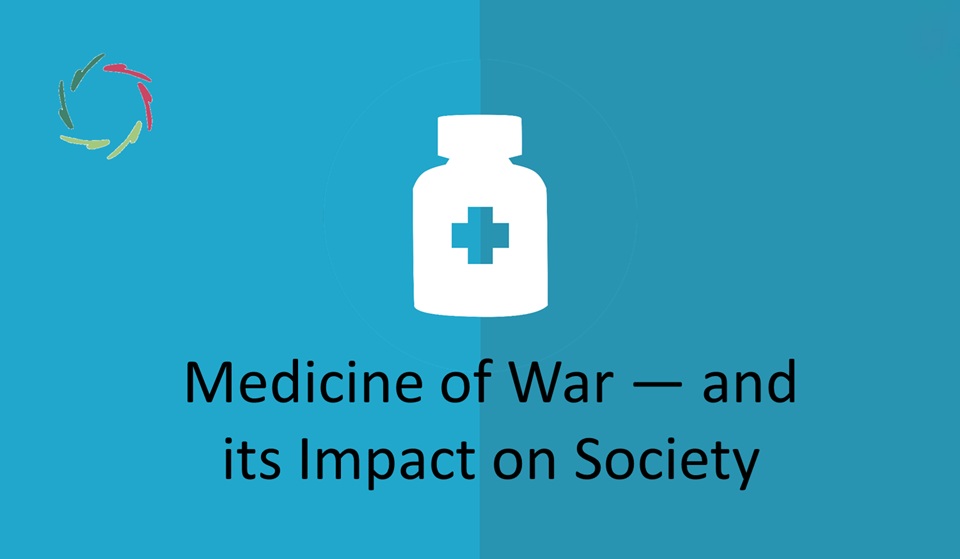Psychotherapy towards What?

The question is generally not being asked. The result is that we generally don’t know much about the importance of the answer.
Please also read [see: “Is Short-Term Enough in Therapy?“]
Psychotherapy generally takes the mend-that-what-is-broken model
This has been taken from medicine, which took it from physics.
In healthcare, this is the disease model. But in mind matters, there is no disease. There are constructs, pieces of reality that have been cut out by consensus. In other times and places, there are other pieces, other constructs. Mind is way too complex to fit into any simple, conceptual scheme.
This is the basic idea of constructionism. [see: “Constructionism“]
Of course, not everything is constructed. Reality is real as far as it concerns us, which is well enough. But the pieces being cut out instrumentally are just consent-driven constructs. The first consensus in this is that such pieces are more real than they are. That it’s a consensus shows in the multitude of resulting schemes ― especially when taking an inter-cultural view.
But if there is eventually no disease to be cured, what does psychotherapy do?
Relief of symptoms
Since this is real life, there is always more to it than merely symptom relief. In therapy, people are talking with each other. This means there is always more going on than what shows at the surface level.
Nevertheless, relief of symptoms is the prime conscious aim of people seeking therapy. Someone is suffering and wants to suffer less. It’s a simple proposition. The therapist is there to help the suffering person in this endeavor.
Surfacing
At the surface, many want to stay at the surface. For them, the problem needs to be solved there, either just by staying at surface level (cognitive behavioral therapy paradigm), or by bringing the surface to the problem (psychodynamic paradigm).
In both, psychotherapy amounts to surfacing.
Suffering from ‘loss of soul’ (LOS)
‘Soul’ or ‘deeper self’ or – more scientifically put – ‘large set of distributed mental-neuronal patterns.’ LOS is what I also have described as inner dissociation. [see: “The Real Enemy is Inner Dissociation“]
With a certain amount of LOS, some people suffer more than others. The not-suffering shows as indifference or emotional flatness, sometimes even psychopathy. The suffering shows as symptoms.
There are two ways to relieve symptoms:
(1) directly diminishing the suffering
(2) diminishing the ‘loss of soul,’ through which the suffering fades, thus also the symptoms.
The general aim of psychotherapy does not make this distinction.
So, psychotherapy towards what?
The first way (1) is mostly the easiest. Thus, one can expect that this is frequently preferred, especially in a culture that wants to see ‘things being accomplished.’ IF the problem lies in the symptoms, then take out the symptoms.
Everybody happy?
It doesn’t solve the root problem.
This is something that in most cases you would not even do with your car.
So, why do it if your soul is concerned? Please, take a few moments to reflect about this.
Psychotherapy towards what?
Should it not be towards soul and the integration of soul into life, or maybe even better: vice versa?
At least, the choice should be made explicit ― to client and to therapist.


